NJIT Studio Rethinking highrise
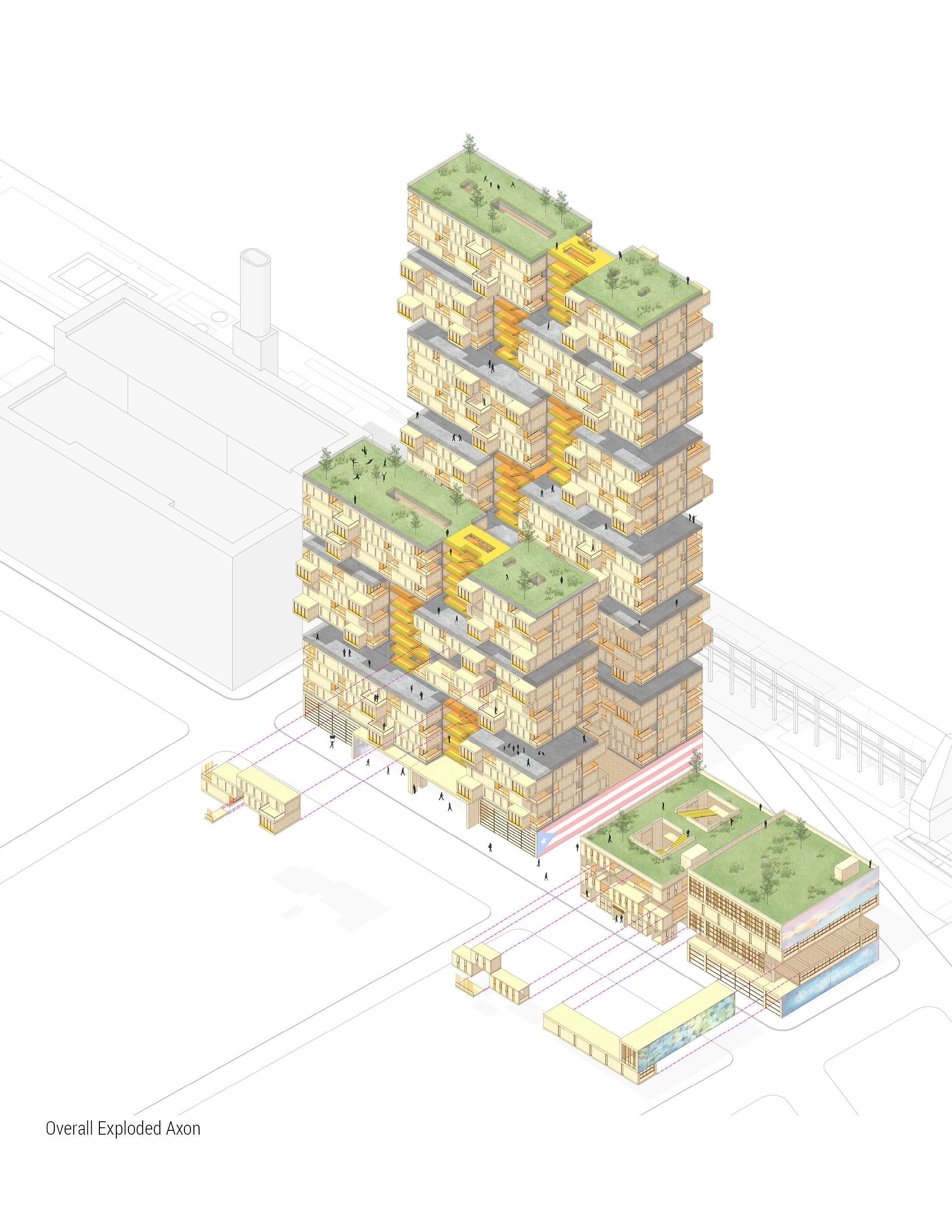
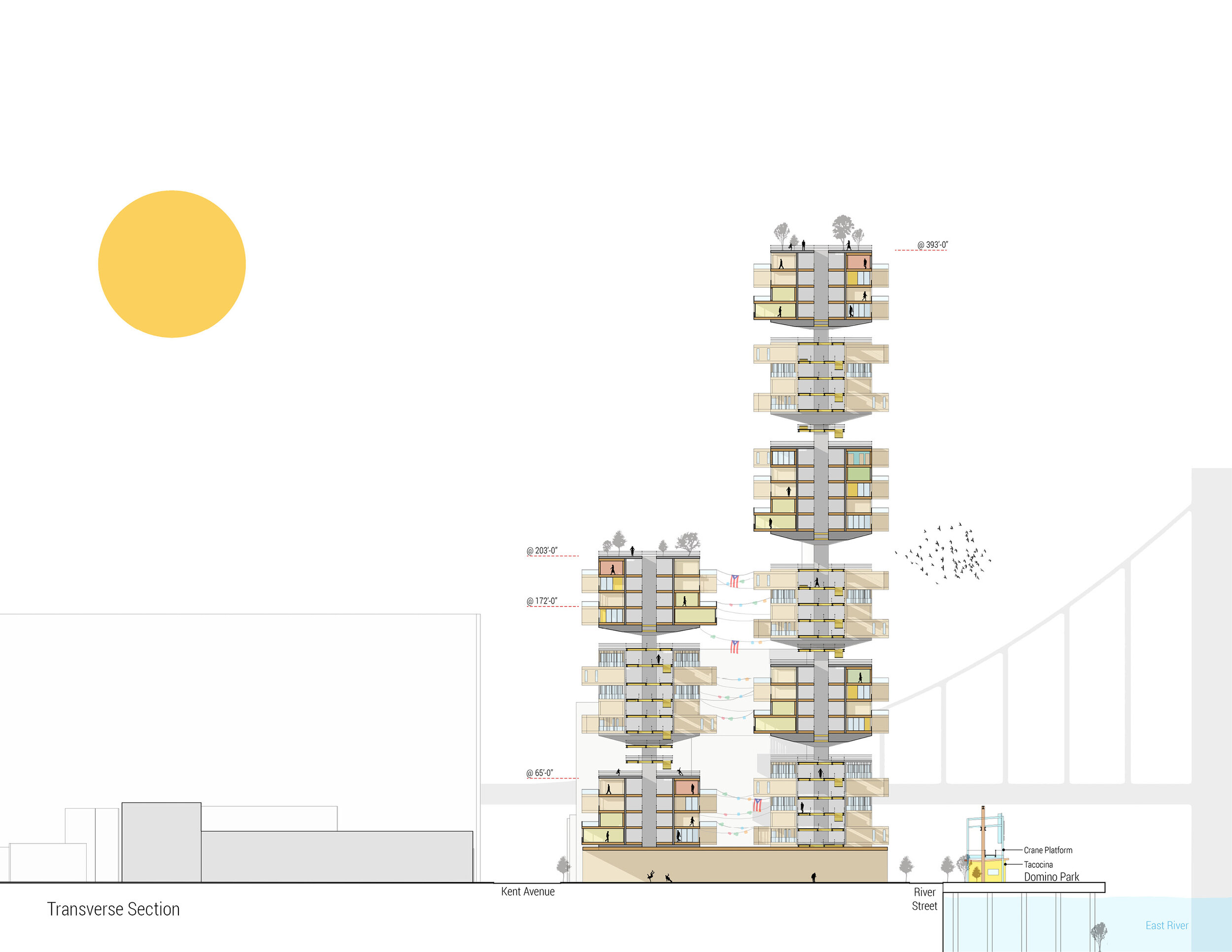
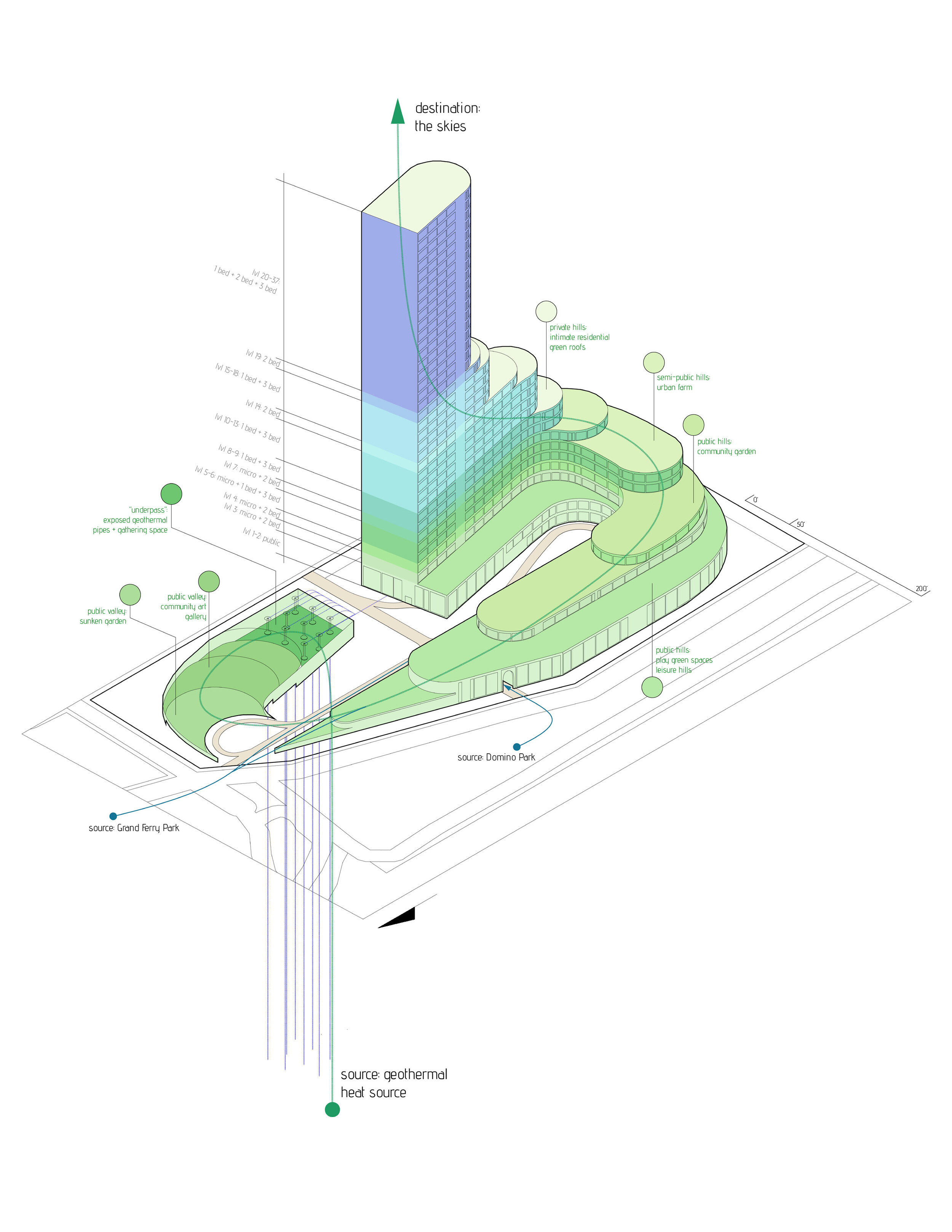
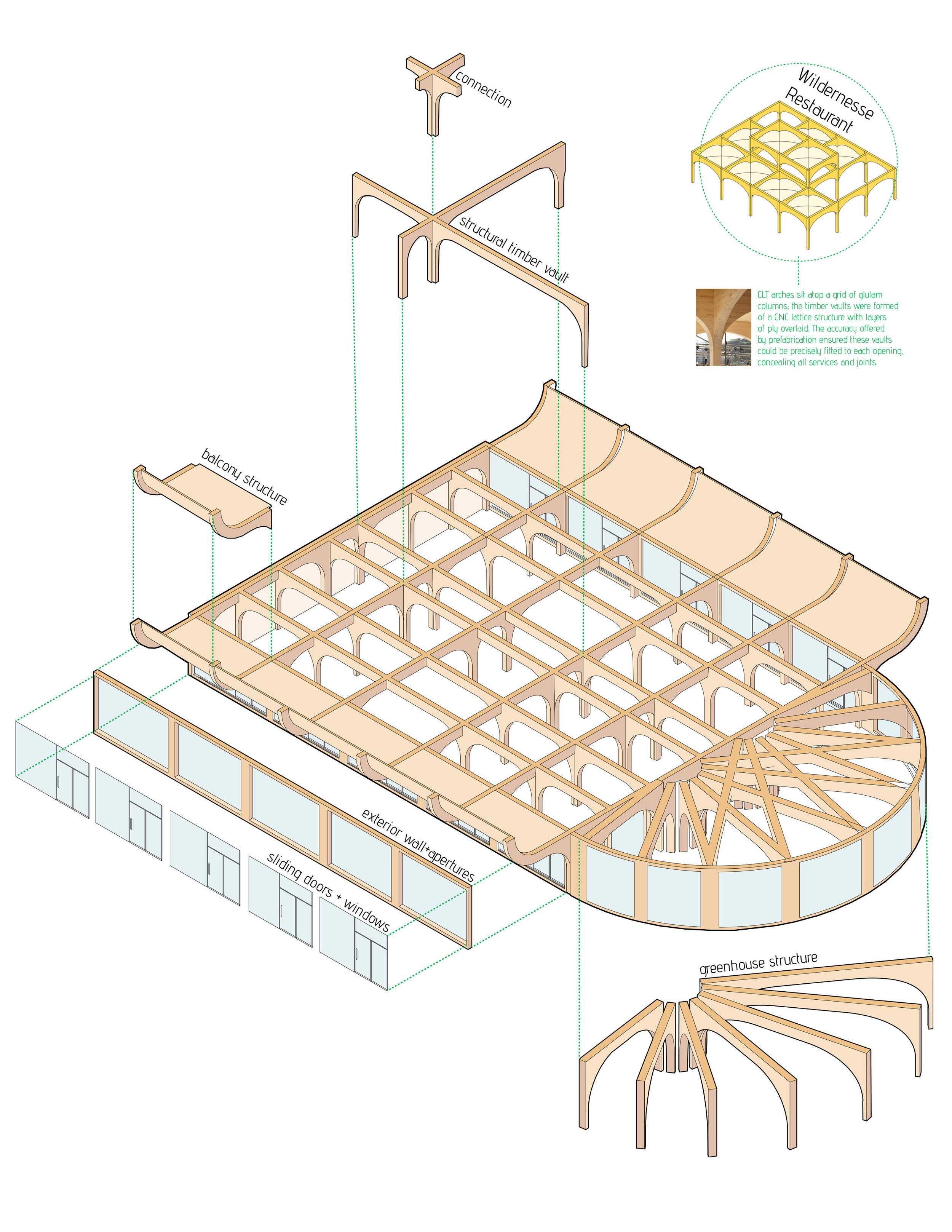
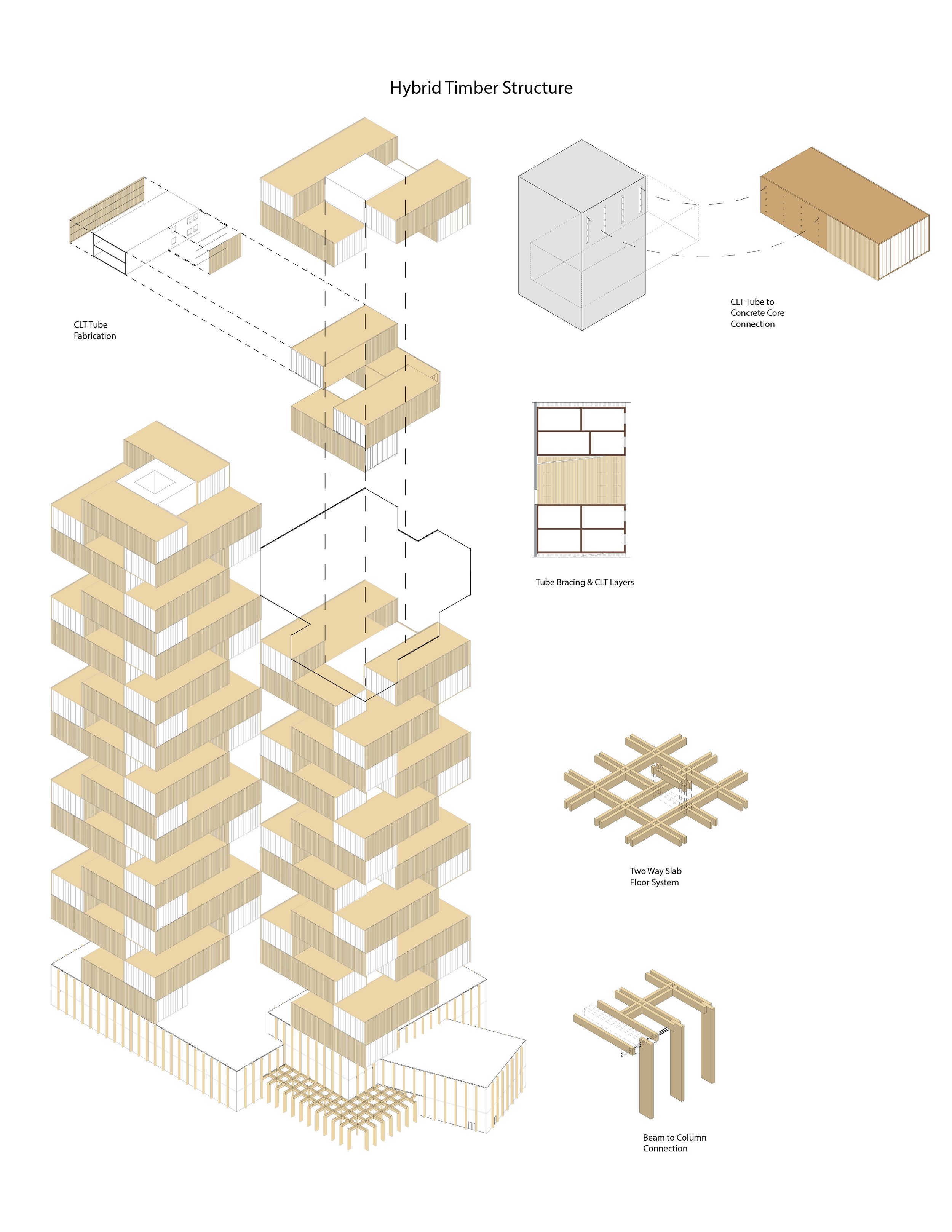
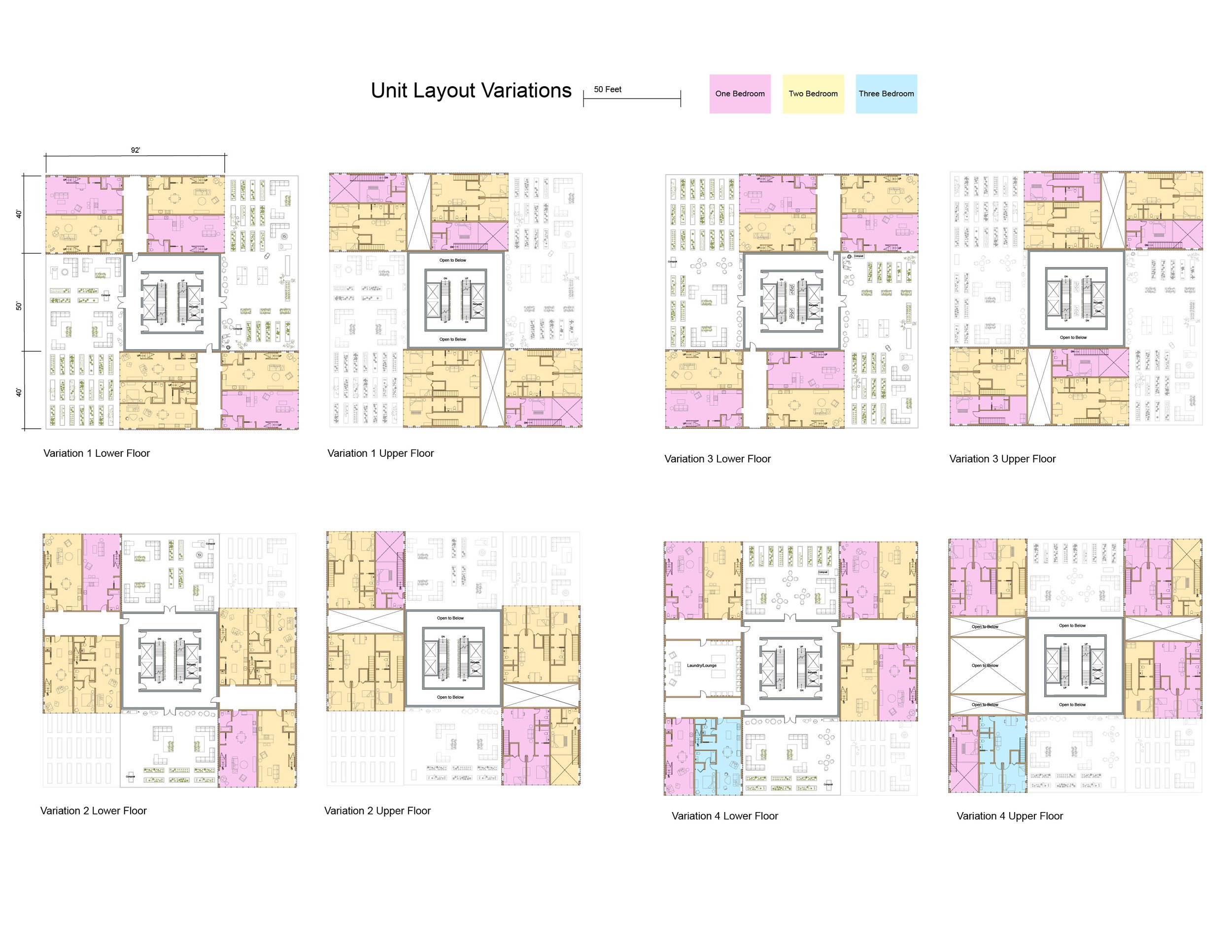
Option Studio at New Jersey Institute of Technology, Adjunct Professor
The studio invites students to speculate the future of our cities through socially, culturally, and environmentally responsible design. Rethinking Highrise: Timber + City challenges preconceptions of the highrise typology and explores possibilities of the heavy timber system as an alternative to conventional construction methods.
The word Utopia is coined by Thomas More in 1516 translates to “good-place” and “no-place”. Throughout history, utopian visions in art and architecture proposed social and cultural changes that had significant impacts on the trajectory of design. The studio will begin with the research on built and unbuilt utopian visions in architecture and learn from their optimism, success, and missteps. The studio encourages critical debates on issues in society by engaging discussions on diversity, equity, inclusion, and sustainability through architecture.
The project calls for students to transform the underused waterfront site in Queens/Brooklyn, New York, the hardest-hit neighborhoods in the nation by COVID-19. Students will have an option to choose between the two sites. The first site is an empty lot next to the Ed Koch bridge in Queens, adjacent to Queensbridge park and Queensbridge housing project. The other site is an empty lot next to Domino park and the Williamsburg bridge. Both sites are located at the cusp of recent highrise development blocks in Queens and Brooklyn that provides a limited number of affordable housing units.
The proposal asks students to design a progressive model of sustainable urban living. The programs of the highrise mixed-use complex include affordable housing, wellness center, urban farm, and one additional program of student’s choice which is 15% of the overall area. Students will be asked to consider what are the critical programs to promote the physical, mental, and social wellbeing of the people in the cities, especially during this unprecedented time.
This semester will also focus on the latest heavy timber materials and tectonic systems research. The variety of program allows students to explore more than one type of tectonic systems, e.g. the structure for the wellness center will require a long-span structure. The development of heavy timber technology also has impacted the design process as well as the delivery methods of the projects. Students will research precedents as well as material suppliers, builders, and structural engineers.
Reflecting on the impacts of current crises, the salient notions will be expressed through the creative strategies and experimental approaches. What are the critical issues to bring to architecture now?